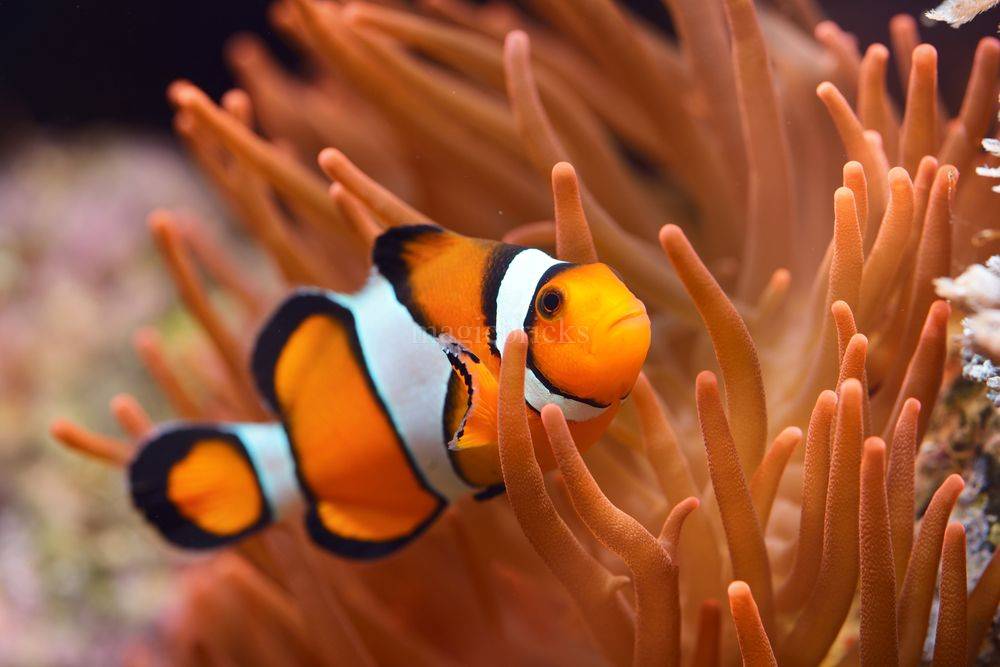Fish are a diverse group of aquatic animals that include over 30,000 species. They can be found in nearly every aquatic environment, from the deepest oceans to the smallest streams. Here’s a brief overview of the world of fish:
Physical Characteristics
Fish are characterized by their streamlined bodies, which are adapted for movement through water. They are cold-blooded and breathe through gills, extracting oxygen from water. Fish come in a wide variety of shapes and sizes, from the tiny pygmy goby to the massive whale shark. They also display a stunning array of colors and patterns, which can serve a variety of purposes, such as camouflage, mating displays, and warning signals.
Ecology
Fish play important roles in aquatic ecosystems, serving as both predators and prey. They help to maintain the balance of these ecosystems by regulating populations of other organisms. Some species, such as salmon, migrate long distances to breed in specific freshwater habitats. Others, such as reef fish, live in complex and diverse coral ecosystems.
Importance to Humans
Fish are an important source of food for humans, providing protein and other essential nutrients. Commercial and recreational fishing is a major industry in many parts of the world, and aquaculture is becoming increasingly important for meeting the growing demand for fish. Fish are also used in research, both for understanding aquatic ecosystems and for studying human biology and disease.
Threats and Conservation
Fish face a variety of threats from human activities, including overfishing, habitat destruction, and pollution. Many fish species are also threatened by climate change, which can alter aquatic ecosystems and disrupt migration patterns. Conservation efforts are underway to protect and conserve fish populations around the world, including the establishment of marine protected areas, sustainable fishing practices, and efforts to reduce pollution and mitigate climate change.
Conclusion
Fish are a fascinating and important group of aquatic animals that play critical roles in maintaining the health and balance of aquatic ecosystems. By understanding their physical characteristics, ecological roles, and importance to humans, we can better appreciate the beauty and diversity of the natural world. By working to protect and conserve fish populations, we can ensure that future generations will be able to enjoy the many benefits that fish provide.

